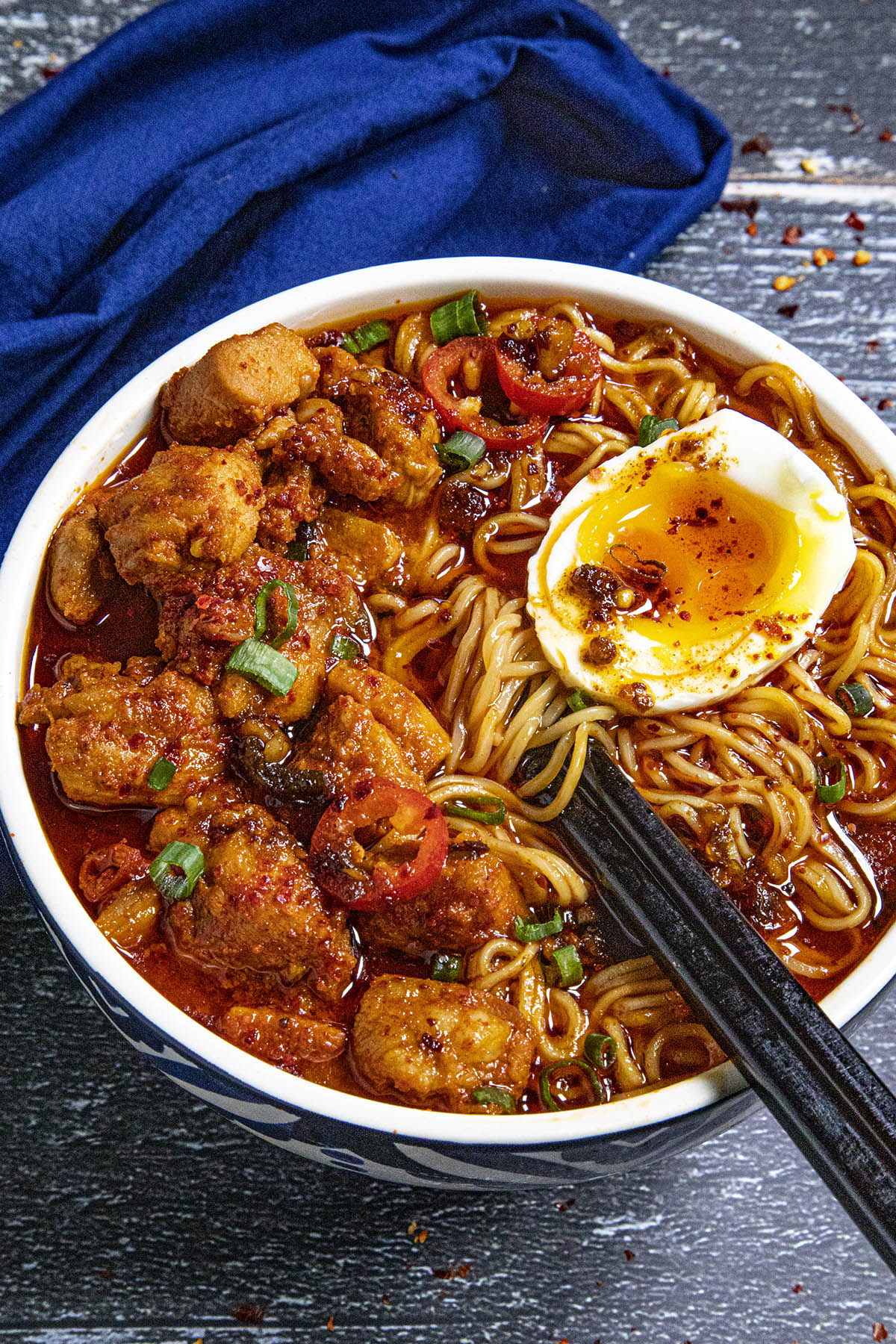Buldak Ramen Recall: Understanding The Bacteria Concerns And Safety Measures
In recent news, the popular South Korean spicy noodle dish, Buldak Ramen, has faced significant scrutiny due to potential bacterial contamination. This article delves into the details surrounding the Buldak Ramen recall, the implications of bacteria in food products, and the steps consumers can take to ensure their safety.
As the demand for instant noodles continues to rise globally, the Buldak Ramen brand has gained immense popularity for its fiery flavor and unique appeal. However, the recent recall has raised questions about food safety standards and the importance of proper handling and consumption of these products. In this comprehensive article, we will explore what led to the recall, the types of bacteria involved, and the recommendations for consumers to safeguard their health.
Understanding food safety and the risks associated with bacterial contamination is crucial for any consumer. By being informed about the Buldak Ramen recall and the measures that need to be taken, you can make more educated choices about the food you consume. Let’s dive deeper into this important topic.
Table of Contents
- What is Buldak Ramen?
- Recall Details
- Bacteria Concerns
- Impact on Consumers
- Precautions to Take
- How to Report Issues
- Government Regulations
- Future of Buldak Ramen
What is Buldak Ramen?
Buldak Ramen, also known as "Fire Noodle," is a popular instant noodle dish originating from South Korea. It is known for its extreme spiciness and is often enjoyed by those who love spicy foods. Here are some key points about Buldak Ramen:
- Introduced by Samyang Foods in 2012.
- Gained international fame through social media challenges and viral videos.
- Available in various flavors, including cheese and curry.
Buldak Ramen Nutritional Information
| Nutrient | Per Serving (140g) |
|---|---|
| Calories | 540 |
| Protein | 10g |
| Carbohydrates | 85g |
| Fat | 20g |
Recall Details
The Buldak Ramen recall was initiated following reports of bacterial contamination in certain batches of the product. The recall affected various flavors and was prompted by safety concerns raised by regulatory agencies. Here are the details of the recall:
- Date of Recall: [Insert Date]
- Products Affected: Specific flavors and batch numbers of Buldak Ramen.
- Reason for Recall: Potential contamination with harmful bacteria.
Bacteria Concerns
Foodborne illnesses caused by bacteria such as Salmonella and E. coli can lead to serious health issues. In the case of Buldak Ramen, the following bacteria are of concern:
- Salmonella: Can cause symptoms such as fever, diarrhea, and abdominal cramps.
- E. coli: Can lead to severe stomach cramps and diarrhea, and in some cases, kidney failure.
It is crucial to understand the risks associated with these bacteria and how they can contaminate food products.
Impact on Consumers
The recall of Buldak Ramen has significant implications for consumers. Here are some potential impacts:
- Health Concerns: Consumers who have purchased affected products may be at risk of foodborne illness.
- Financial Impact: The recall may lead to losses for consumers who need to dispose of the recalled products.
- Brand Trust: Recalls can damage the reputation of a brand, leading to decreased consumer trust.
Precautions to Take
To ensure your safety in light of the Buldak Ramen recall, consider the following precautions:
- Check for Recall Notices: Stay updated on recall information from reliable sources.
- Inspect Products: Examine your pantry for any affected Buldak Ramen products.
- Follow Cooking Instructions: Ensure proper cooking and preparation of instant noodles.
How to Report Issues
If you believe you have consumed contaminated Buldak Ramen or have experienced symptoms of foodborne illness, it’s essential to report the issue:
- Contact your local health department.
- Notify the retailer where you purchased the product.
- Document any symptoms and seek medical attention if necessary.
Government Regulations
Food safety regulations play a crucial role in preventing contamination and ensuring consumer safety. Regulatory agencies, such as the FDA, oversee food products and enforce safety standards. Here are some key regulations:
- HACCP: Hazard Analysis Critical Control Point, a systematic preventive approach to food safety.
- Food Safety Modernization Act (FSMA): Aims to ensure the U.S. food supply is safe by shifting the focus from responding to contamination to preventing it.
Future of Buldak Ramen
The future of Buldak Ramen hinges on the company’s response to the recall and its commitment to ensuring food safety. Key considerations for the brand include:
- Implementing stricter quality control measures.
- Rebuilding consumer trust through transparency and communication.
- Investing in research and development to enhance product safety.
Conclusion
In conclusion, the Buldak Ramen recall has raised significant concerns about food safety and bacterial contamination. As consumers, it is essential to stay informed and take necessary precautions to protect our health. If you have any concerns regarding the Buldak Ramen products, consider reaching out to relevant authorities and sharing your experiences.
We encourage you to leave your comments below, share this article with friends, and explore more informative content on our website.
Penutup
Thank you for taking the time to read our article on the Buldak Ramen recall and its implications. We hope you found the information valuable and informative. Stay safe, and we look forward to welcoming you back to our site for more updates on food safety and other essential topics.
Theft Signs In San Francisco: Understanding The Risks And Staying Safe
What Kind Of Cancer Did Brooks Douglass Have?


